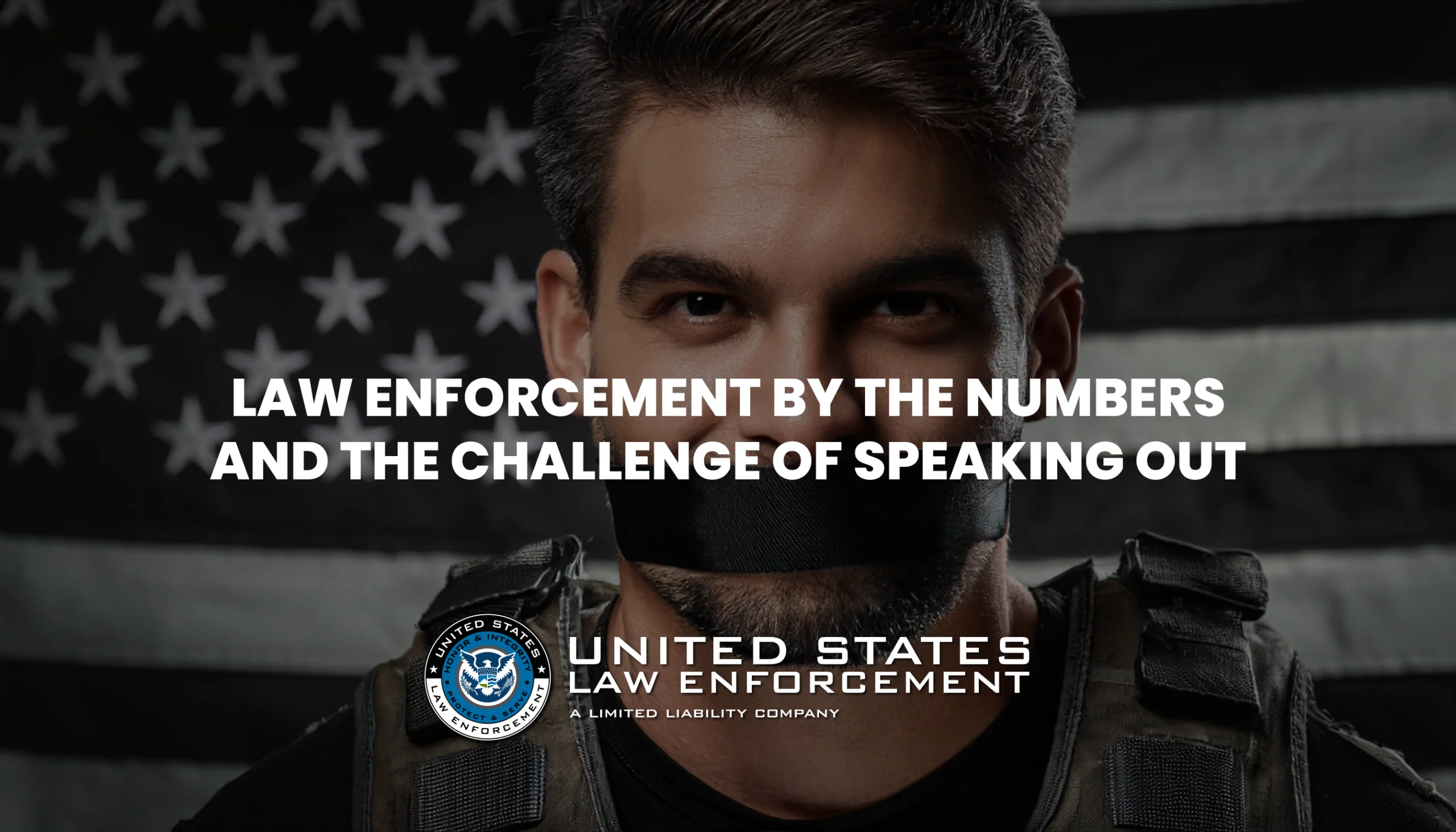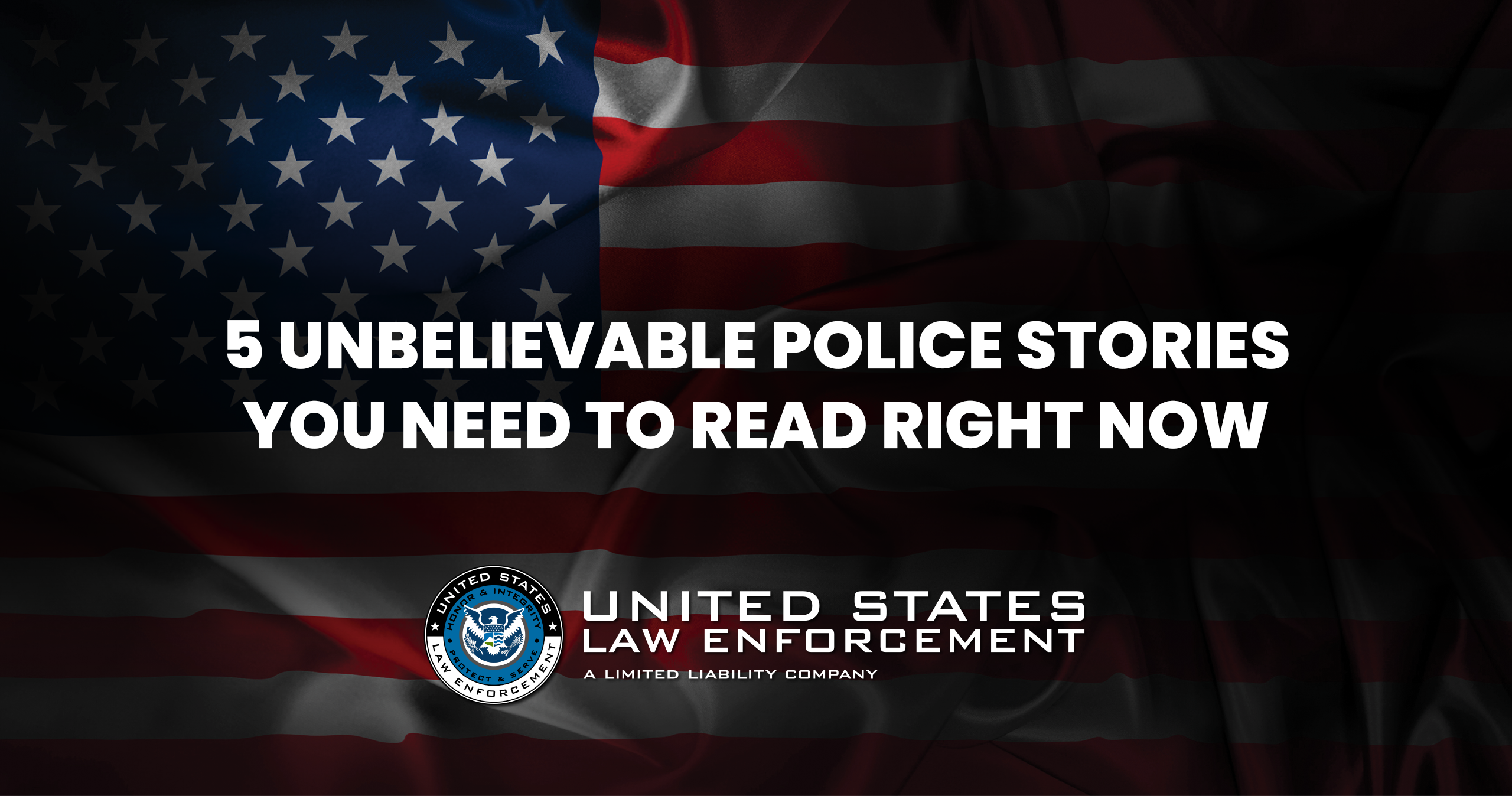Why Are Police Called 12? A Deep Dive Into The Origins And Meaning
Ever wondered why police are sometimes referred to as "12"? It's not just a random number—it's got a story behind it. This term has been floating around for years, and today we’re diving deep into its origins, cultural significance, and why it still matters. So buckle up, because we’re about to unravel the mystery of why cops are called 12.
Let’s face it, slang terms for police officers are everywhere. From "pigs" to "fuzz," the nicknames never stop. But "12" stands out because it’s less obvious and more intriguing. It’s not just a random number—it’s tied to history, culture, and even law enforcement practices. Understanding this term gives us a glimpse into how language evolves and reflects societal attitudes.
In this article, we’ll explore the roots of the term, its usage in modern times, and whether it holds any relevance today. If you’ve ever scratched your head wondering why someone said, "Watch out for 12!" you’re in the right place. Let’s break it down together.
- Bunkralbum The Ultimate Guide To Exploring The World Of Hidden Musical Gems
- Scott Lane Actor Cause Of Death The Untold Story Behind A Life Cut Short
Table of Contents
- The Origins of "12" in Law Enforcement
- Cultural Impact and Usage
- Historical Context of Police Slang
- Modern Relevance of the Term
- Law Enforcement's Perspective
- Community Reactions and Perceptions
- Legal Considerations and Implications
- Media Representation of "12"
- Urban Legends Surrounding the Term
- Conclusion: Why Does It Still Matter?
The Origins of "12" in Law Enforcement
So, where did this whole "12" thing come from? Well, buckle up, because the history is as interesting as it is complex. Back in the day, before radios and smartphones, communication between police officers relied heavily on code systems. These codes were designed to be quick, efficient, and discreet. Enter the infamous "Code 12."
Code 12 was originally used by police departments to signal that an officer needed assistance or backup. Over time, the term got shortened to just "12," and it stuck. It wasn’t long before the term made its way into popular culture, especially in music and movies, where it became synonymous with law enforcement.
How Did "12" Become Slang?
Language evolves, and so does slang. What started as a technical term within police departments eventually spilled over into everyday conversations. People outside the force started using "12" to refer to police officers, often with a hint of caution or even rebellion. It became a way to warn others without explicitly saying "police."
- Jake Gyllenhaal And Taylor Swift The Untold Story Of Two Icons
- The Watcher True Story A Creepy Tale Thatll Keep You Awake
Think about it—saying "Watch out for 12" sounds way cooler than "Hey, there’s a cop around!" It’s concise, mysterious, and gets the job done. This is why slang terms like "12" have such staying power—they’re practical and fun at the same time.
Cultural Impact and Usage
Now that we’ve got the history down, let’s talk about how "12" has impacted culture. This term isn’t just a throwback to old police codes—it’s still alive and kicking today. You’ll hear it in rap songs, movies, and even casual conversations. It’s become a part of the cultural lexicon, especially in communities where interactions with law enforcement are frequent.
But here’s the thing: the way "12" is used can vary depending on the context. In some cases, it’s neutral or even playful. In others, it carries a sense of tension or distrust. This duality is what makes the term so fascinating—and so controversial.
Examples in Pop Culture
- In rap music, "12" often appears as a warning or a call to action. Artists like Kendrick Lamar and J. Cole have referenced it in their lyrics.
- Movies like "Training Day" and "The Wire" have used the term to add authenticity to their depictions of urban life.
- On social media, hashtags like #12Alert are sometimes used to discuss police-related incidents.
Historical Context of Police Slang
To fully understand why "12" exists, we need to look at the bigger picture of police slang. Slang terms for law enforcement have been around for centuries, and they often reflect the relationship between communities and the police. From "coppers" (named after the copper badges officers once wore) to "pigs" (a term that emerged during the civil rights movement), these words tell a story.
What makes "12" unique is its dual origin. It’s both a technical term and a cultural phenomenon. This blend of functionality and symbolism is what keeps it relevant today. Plus, let’s be real—people love a good code word. It’s like having a secret language, and who doesn’t love that?
Why Do People Use Slang for Police?
Slang serves several purposes. First, it creates a sense of identity and belonging among those who use it. Second, it allows people to discuss sensitive topics without drawing attention. And third, it’s just plain fun. Whether you’re a fan of wordplay or just looking for a way to express yourself, slang has something for everyone.
Modern Relevance of the Term
Fast forward to today, and "12" is still going strong. In an era where technology dominates communication, you’d think old-school terms would fade away. But nope—this one’s here to stay. Why? Because it’s versatile, adaptable, and deeply ingrained in our cultural DNA.
Take social media, for example. Platforms like Twitter and TikTok are full of references to "12." People use it in memes, captions, and even hashtags. It’s become a shorthand for discussing anything related to law enforcement, whether it’s a serious issue or just a funny observation.
Is "12" Still Relevant?
Absolutely. In fact, its relevance might be stronger than ever. With ongoing discussions about police reform and community relations, terms like "12" serve as a reminder of how language shapes our perceptions. They also highlight the importance of understanding each other’s perspectives—because let’s face it, words matter.
Law Enforcement's Perspective
Now, let’s flip the script and look at things from the other side. How do police officers feel about being called "12"? Well, opinions vary. Some officers don’t mind the term, seeing it as harmless slang. Others find it disrespectful or even offensive.
It’s worth noting that police culture has its own set of slang terms, too. Officers often use codes and nicknames to communicate with each other, just like civilians do. So while "12" might seem like an outsider term, it’s part of a larger linguistic landscape that both groups navigate.
Does Slang Affect Police-Community Relations?
Possibly. Language can influence how people perceive each other, and slang is no exception. If a term like "12" is used in a negative or confrontational way, it could strain relationships between law enforcement and the communities they serve. On the flip side, if it’s used playfully or neutrally, it might not have much impact at all.
Community Reactions and Perceptions
So, what do regular folks think about "12"? Well, it depends. In some communities, the term is widely accepted and even embraced. In others, it’s viewed with suspicion or outright hostility. This diversity of opinions reflects the complex relationship between citizens and law enforcement.
One thing’s for sure: the way people use "12" can say a lot about their attitudes toward police. Whether it’s a term of caution, defiance, or even camaraderie, it’s a window into how different groups interact with one another.
How Do Communities Use "12"?
- In urban areas, "12" is often used as a warning or alert.
- In suburban or rural settings, it might be seen as outdated or irrelevant.
- Among younger generations, it’s frequently used in memes and online conversations.
Legal Considerations and Implications
While "12" might seem like just a word, it can have legal implications. For example, if someone uses the term in a threatening or incendiary way, it could be interpreted as harassment or intimidation. On the flip side, law enforcement agencies might use the term themselves in official communications, which raises questions about its legitimacy.
Ultimately, the legal status of "12" depends on how and where it’s used. Context matters, and so does intent. This is why it’s important to approach language with care and consideration—because words can have consequences.
Media Representation of "12"
Let’s talk about how "12" shows up in the media. Whether it’s on TV, in movies, or online, this term gets a lot of airtime. Sometimes it’s portrayed positively, as a clever or creative way to communicate. Other times, it’s depicted negatively, as a symbol of mistrust or rebellion.
What’s interesting is how these portrayals shape public perception. If a popular show or movie uses "12" in a certain way, it can influence how viewers think about law enforcement. This highlights the power of media in shaping our understanding of the world—and the words we use to describe it.
Examples in Film and Television
- Shows like "Breaking Bad" and "The Sopranos" have used "12" to add authenticity to their storylines.
- Documentaries about policing often include interviews where the term is mentioned, giving it a sense of realism.
- Comedies sometimes play with the term for laughs, highlighting its absurdity or irony.
Urban Legends Surrounding the Term
No discussion of "12" would be complete without mentioning the urban legends that surround it. Some people believe the term comes from a specific historical event, like a famous police raid or scandal. Others think it’s tied to numerology or mysticism. While these stories might not be true, they add to the mystique of the term.
Urban legends like these remind us how language can take on a life of its own. Even if the origins of "12" are straightforward, the stories people tell about it make it more intriguing. It’s like a game of telephone, where the message gets distorted but somehow becomes more fascinating in the process.
Conclusion: Why Does It Still Matter?
So, why are police called 12? The answer lies in a mix of history, culture, and human nature. This term isn’t just a relic of the past—it’s a living, breathing part of our language. Whether you love it or hate it, there’s no denying its impact on how we talk about law enforcement.
As we’ve seen, "12" is more than just a number—it’s a symbol of how we interact with authority, express ourselves, and navigate complex social issues. And while its meaning might evolve over time, one thing’s for sure: it’s not going anywhere anytime soon.
So, what do you think? Do you use the term "12"? Do you think it’s harmless slang or something more? Let us know in the comments below, and don’t forget to share this article with your friends. Together, we can keep the conversation going—and maybe even learn a thing or two along the way.



Detail Author:
- Name : Cecile Cummings
- Username : awaters
- Email : joesph.jacobi@abshire.org
- Birthdate : 1992-01-28
- Address : 33143 Shaina Street Apt. 088 West Jerelburgh, SC 00365
- Phone : (520) 548-3202
- Company : Jast LLC
- Job : Valve Repairer OR Regulator Repairer
- Bio : Enim voluptas sunt quia. Vel qui non unde voluptatum ipsa sint autem. Accusantium totam magnam ad aut.
Socials
instagram:
- url : https://instagram.com/weissnata
- username : weissnata
- bio : Quam eos atque tempora sit. Enim incidunt repudiandae ut quod eos.
- followers : 1931
- following : 2677
facebook:
- url : https://facebook.com/antonettaweissnat
- username : antonettaweissnat
- bio : Perferendis et eveniet rerum magnam. Et sit et omnis facere aut iusto tenetur.
- followers : 5466
- following : 278
twitter:
- url : https://twitter.com/weissnat1992
- username : weissnat1992
- bio : Et et consequuntur quia quam officiis. Expedita sit similique quod corrupti. Pariatur cum aut cum. Ea qui sint tenetur ea voluptatibus sunt placeat.
- followers : 5871
- following : 2038